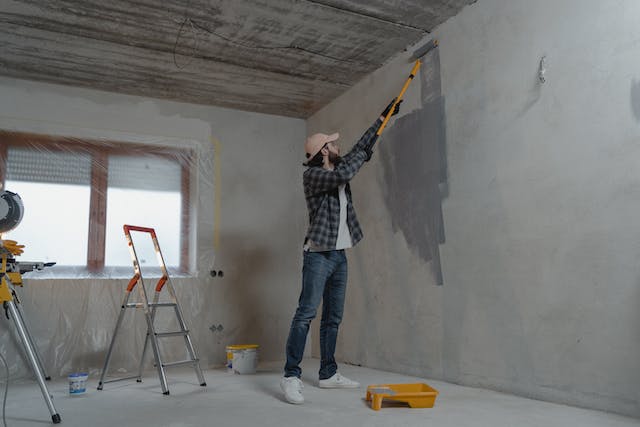
The term “failure to disclose” carries significant weight. It refers to the omission or concealment of crucial information that should be transparently shared among parties involved in a construction project. This information could pertain to anything from construction defects, material quality, to legal disputes related to the property. Such non-disclosure can lead to severe legal complications, making it a primary concern. Please continue reading and reach out to the competent Florida construction attorneys here at Ansbacher Law to learn more.
Why Is Transparency Critical in Construction Projects?
It Ensures Compliance and Minimizing Risk
Transparency is a key factor in ensuring compliance with legal and regulatory standards. Construction projects often need to adhere to stringent local, state, and federal regulations. When all stakeholders have access to complete and accurate information, it becomes easier to identify and address any non-compliance issues promptly. This proactive approach can prevent costly fines and legal actions that might arise from regulatory breaches.
It Facilitates Decision Making and Problem-Solving
As a construction project progresses, decisions often need to be made quickly and efficiently. Transparency ensures that all parties have access to the necessary information to make informed decisions. This is particularly crucial when unexpected issues or challenges arise. By having a clear understanding of the project’s status, resources, and constraints, stakeholders can collaboratively find solutions, minimizing delays and additional costs.
It Enhances Quality and Safety
Quality and safety are paramount in construction. Transparent communication about materials, processes, and safety protocols contributes significantly to the overall quality and safety of the project. For instance, when contractors openly share information about the origin and quality of materials, it helps in ensuring that only high-standard materials are used. Similarly, transparency about on-site safety measures protects workers and can significantly reduce the likelihood of accidents and associated liabilities.
How Does Failure To Disclose Affect Legal Outcomes?
The legal implications of failing to disclose pertinent information in construction are far-reaching. For instance, if a contractor knowingly hides defects in workmanship, it can lead to liability for repairs, damages, or even personal injury claims. Similarly, if a property owner does not disclose a legal dispute related to the property, it can result in the nullification of contracts. The law often views such nondisclosure as fraudulent or deceptive, which can lead to severe penalties, fines, and a tarnished reputation for the parties involved.
Ultimately, full disclosure not only helps avoid legal pitfalls but also builds a foundation of trust and integrity in the construction industry.
If you have further questions, or you’re facing any construction law matter, please don’t hesitate to reach out to Ansbacher Law. For decades, we’ve successfully guided countless clients through a wide range of construction issues, and we are prepared to do the same for you. Contact us today so we can get started working on your case.

